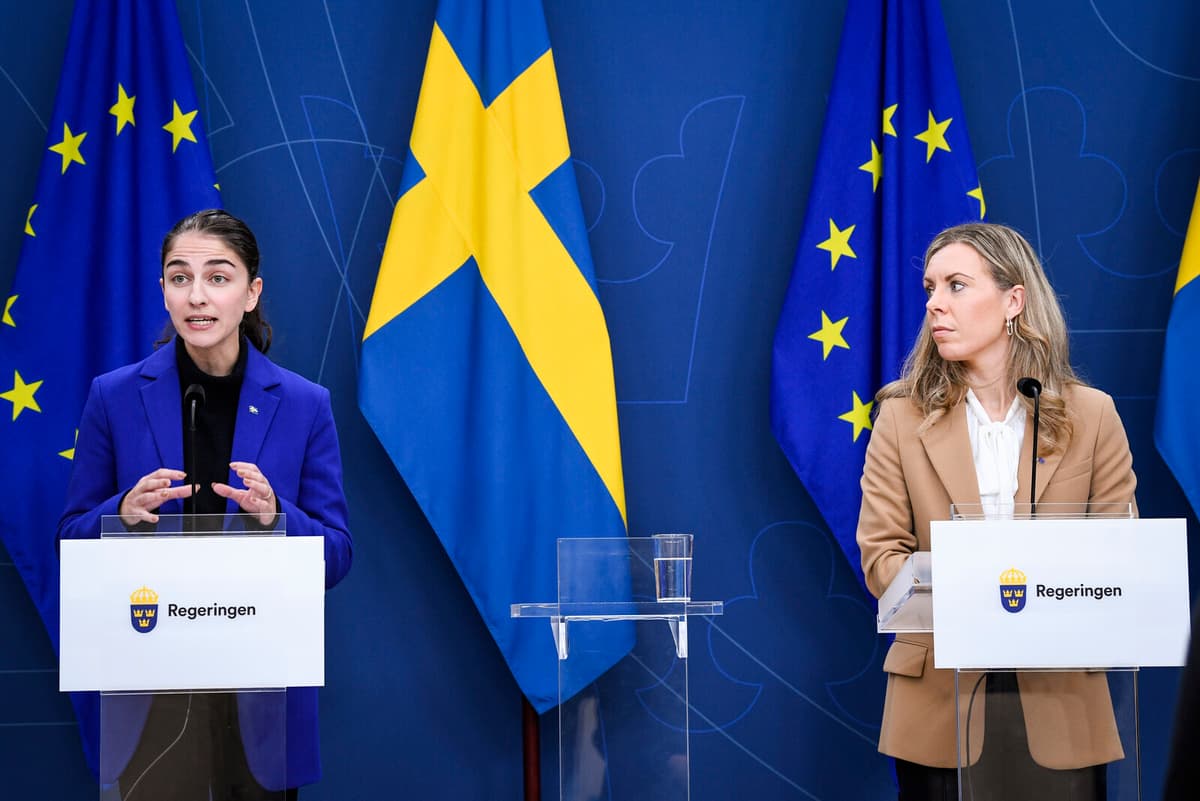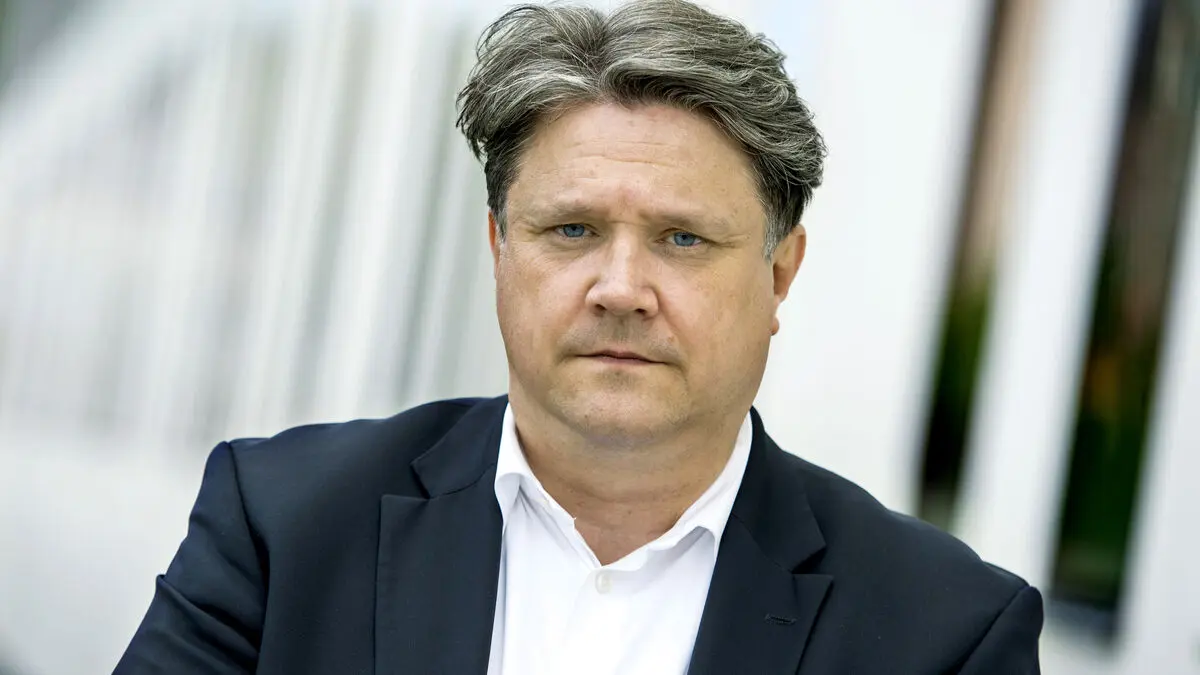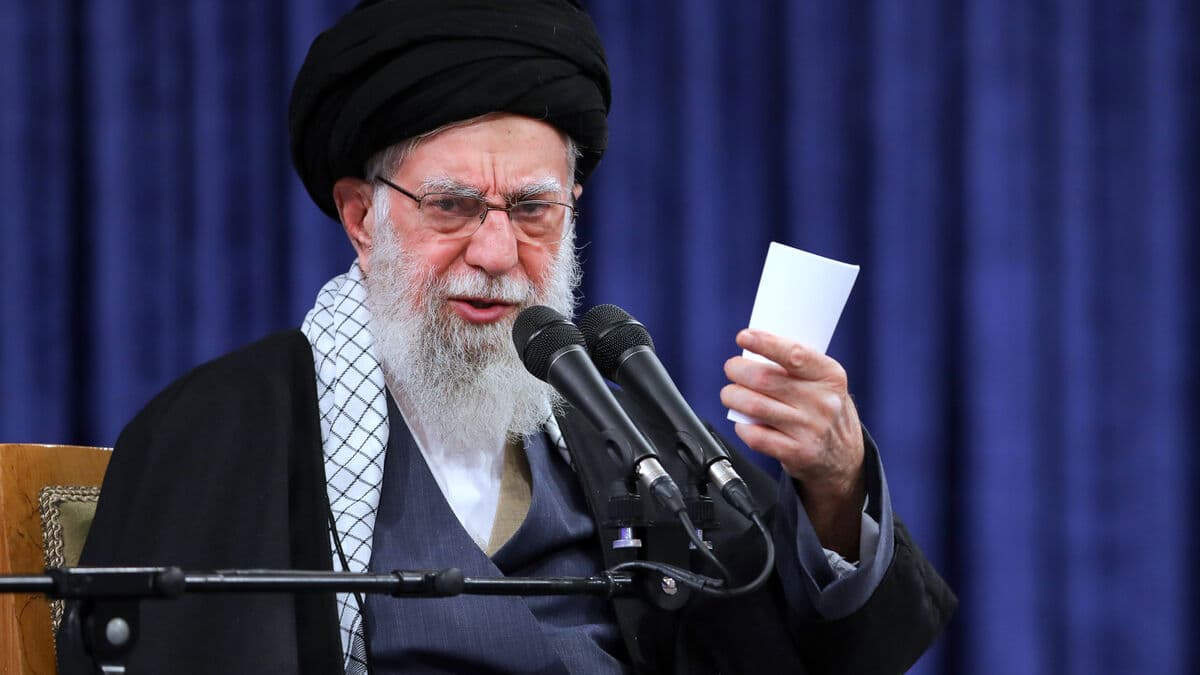The new policy instrument inquiry is intended to provide the government with tools to achieve the climate goals. As early as Friday, the opposition criticized it, and now environmental organizations and researchers are following suit.
Kristina Östman, head of the climate unit at the Swedish Society for Nature Conservation, interprets the inquiry as the government trying to give themselves a free pass to not deliver anything more on climate issues during the term of office. The inquiry is to be completed in May 2026.
She is also critical of the fact that it has taken ten months for the government to present the directives.
The government has spent the first half of the term of office pursuing a climate-hostile policy that increases emissions and now they choose to lean back.
Sweden is heading in the wrong direction
According to David Mjureke, senior advisor on climate and energy at the World Nature Fund, it is serious if the government waits with climate measures until the inquiry is completed.
Then the time will be very, very short to make up for the increased emissions we have got as a consequence of the policy pursued so far. Then it will be very difficult to meet the EU commitments and it can become very expensive for the Swedes.
Statistics from the Swedish Statistics Office (SCB) from the second quarter of this year show that greenhouse gas emissions increased compared to the same quarter in 2023.
Right now, Sweden is heading in the wrong direction; if it is to be possible to reach the global climate goals, all countries must tighten their belts, says David Mjureke.
"The clock is ticking"
At the same time as the directives emphasize the importance of economic policy instruments, the investigator is not to submit proposals in the tax area either.
The investigator is being muzzled on the most important policy instruments, both for emission reduction and increased acceptance. It's very strange, says Mikael Karlsson, docent in environmental science and university lecturer in climate leadership at Uppsala University.
The problem is that the clock is ticking, emissions are increasing, the emission budget is decreasing rapidly. The EU is tightening its climate policy and Sweden is doing the exact opposite.






